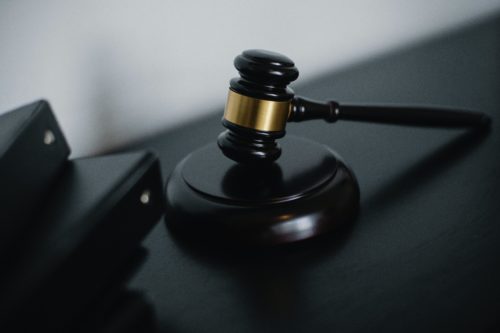
When people commit crimes, there are two different levels of these charges. This includes felony charges and misdemeanor charges. The type of charge a person receives is dependent upon the crime they committed in addition to the circumstances surrounding it. While each crime has its own set of consequences, they are all treated seriously. If you have been charged with a felony or misdemeanor, it is crucial to retain the services of an experienced attorney to defend your case. Read on and reach out to a dedicated Bergen County criminal defense lawyer from our firm to learn more about the difference between felony and misdemeanor charges and how we can help if you’ve been accused of a crime.
What is the difference between a felony and a misdemeanor?
While the majority of states use the terms felony and misdemeanor, the state of New Jersey is different. Instead, a felony offense is referred to as an “indictable” offense, and misdemeanors are known as a “disorderly person” crime.
What are considered felonies in New Jersey?
The state of New Jersey breaks down felonies by four different degrees. The first degree is for the most serious crimes that can be committed while the fourth degree is for the least serious crimes. The term “indictable” means that a grand jury must indict the individual to proceed with the case. This is done by reviewing the details of the case to determine if there is enough evidence for a criminal charge. The four degrees of felony charges and the penalties that come along with their convictions are as follows:
- First-degree crimes: These can include crimes of rape, manslaughter, and murder. These can be punishable by a prison sentence between 10 years to a lifetime sentence as well as a maximum fine of up to $200,000.
- Second-degree crimes: This can include crimes of aggravated arson, kidnapping, sex crimes, white-collar crimes, and drug crimes. These can be punishable by a prison sentence between five to 10 years and a fine of up to $150,000.
- Third-degree crimes: This can include crimes of arson, possession of a controlled substance, certain robbery offenses, and drug crimes. These can be punishable by a prison sentence of between three to five years as well as a fine of up to $15,000.
- Fourth-degree crimes: This can include remaining robbery offenses and forgery, among others. These can be punishable by a prison sentence of up to 18 months and a fine of up to $10,000.
What are considered misdemeanors?
A “disorderly person” crime in New Jersey ranges depending on the severity. These are broken down into their own classifications, known as disorderly person offenses and petty disorderly person offenses. These charges can be described as the following:
- Disorderly Person: The more serious of the two, these crimes can include assault, shoplifting, possession of marijuana under 50 grams, and resisting arrest. This can be punishable by up to six months in jail and a fine of up to $1,000.
- Petty Disorderly Person: This is the lowest level crime that can include disorderly conduct and harassment. This can be punishable by up to 30 days in jail and a fine of up to $500.